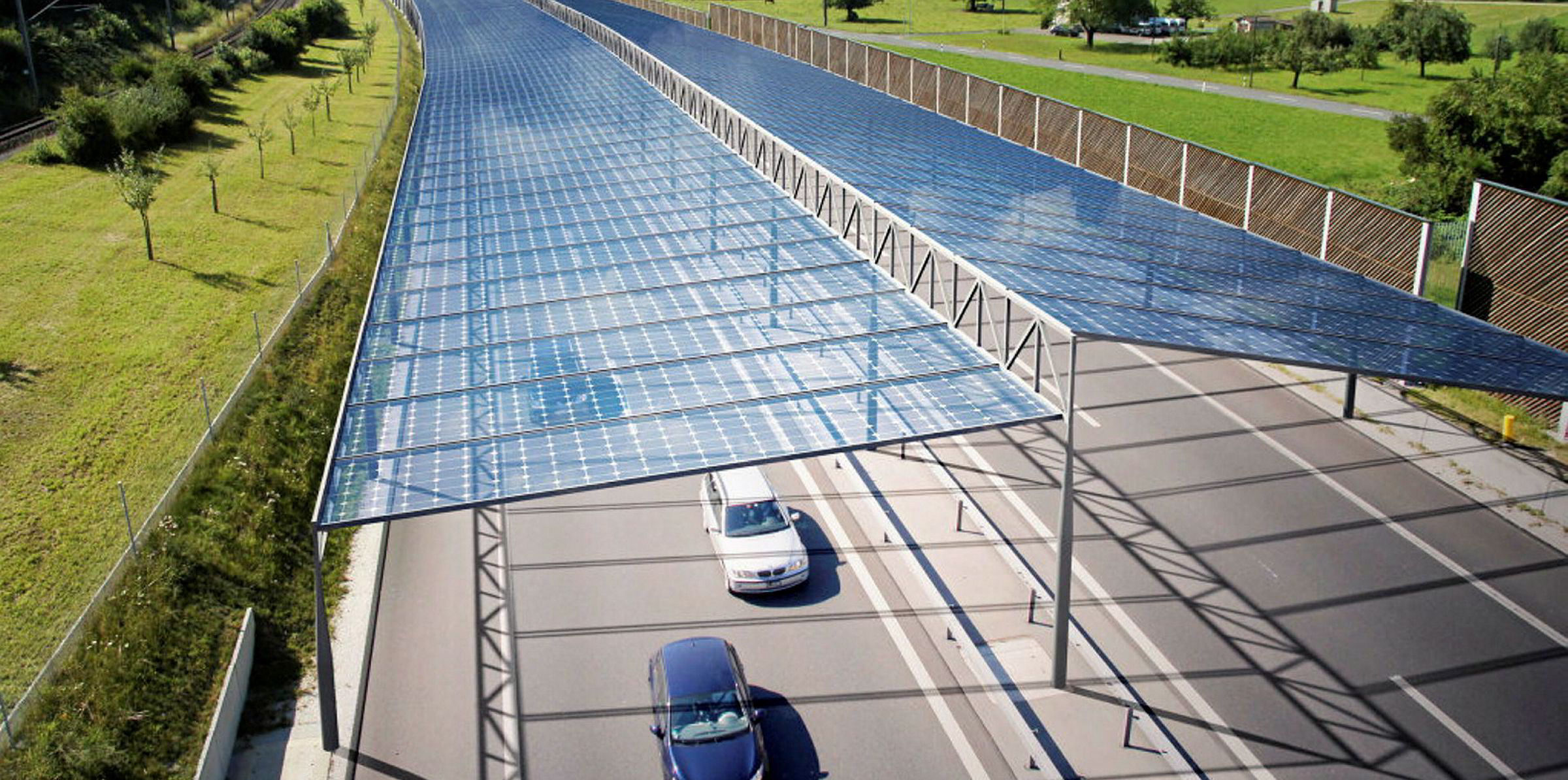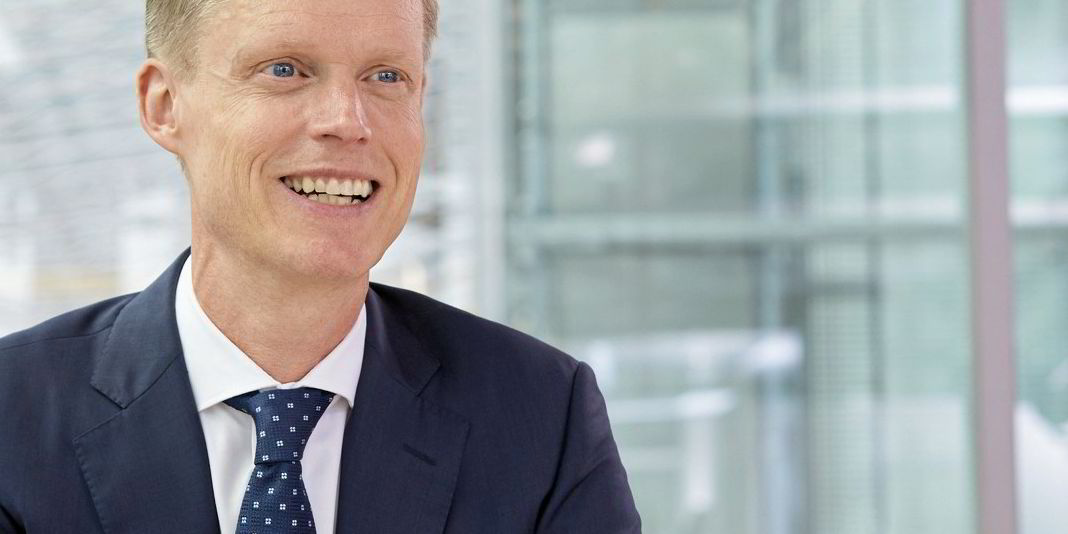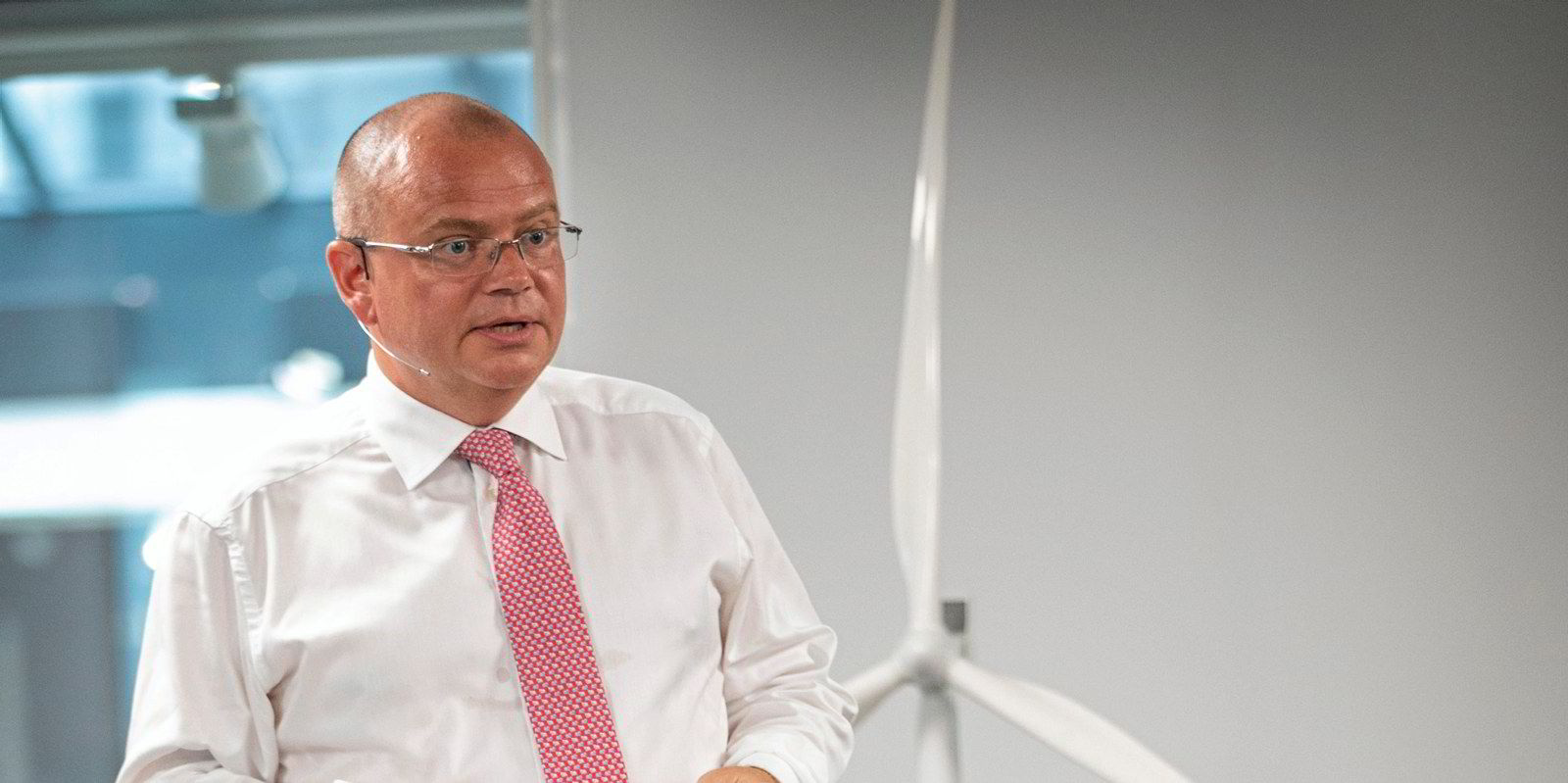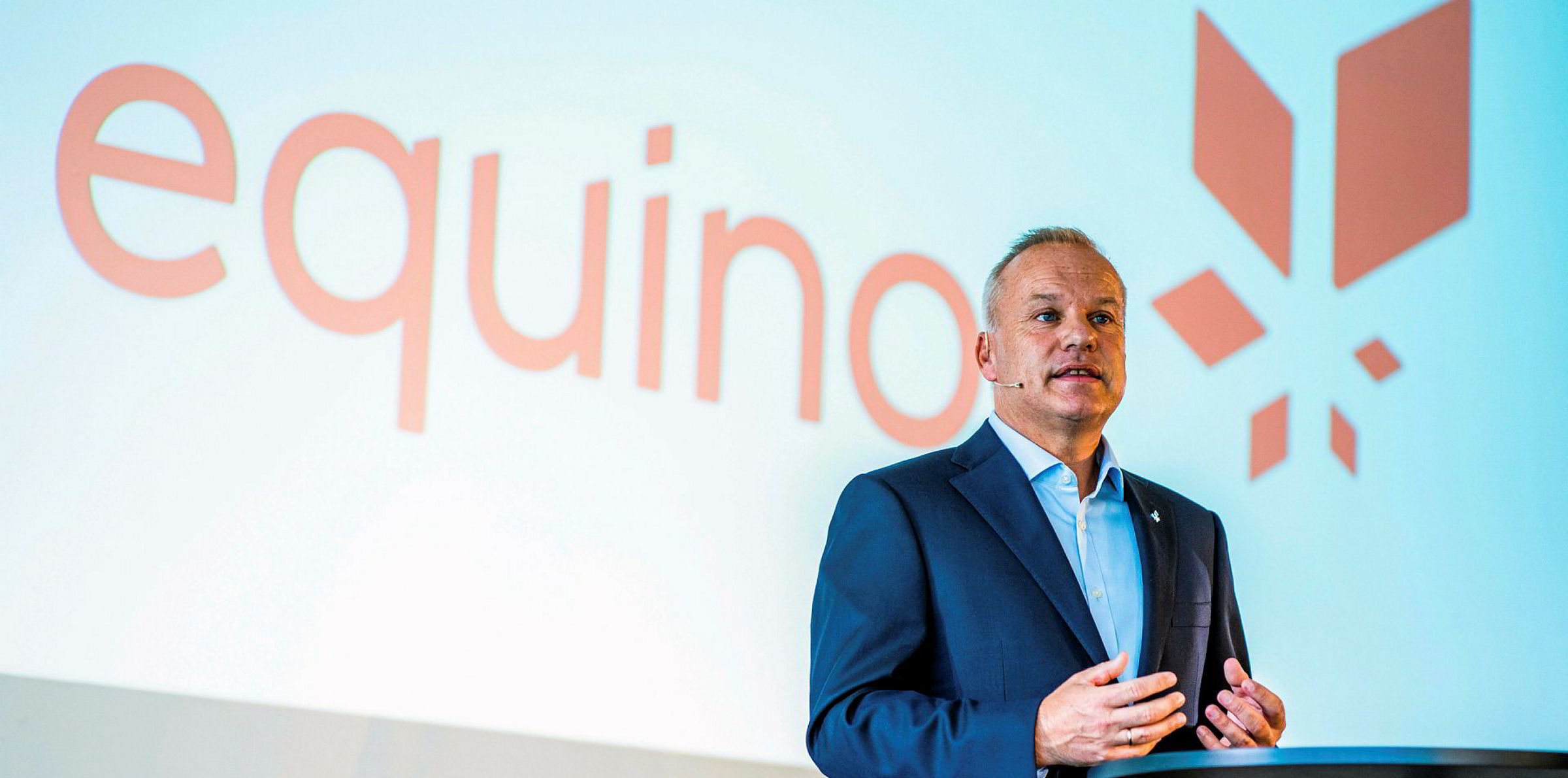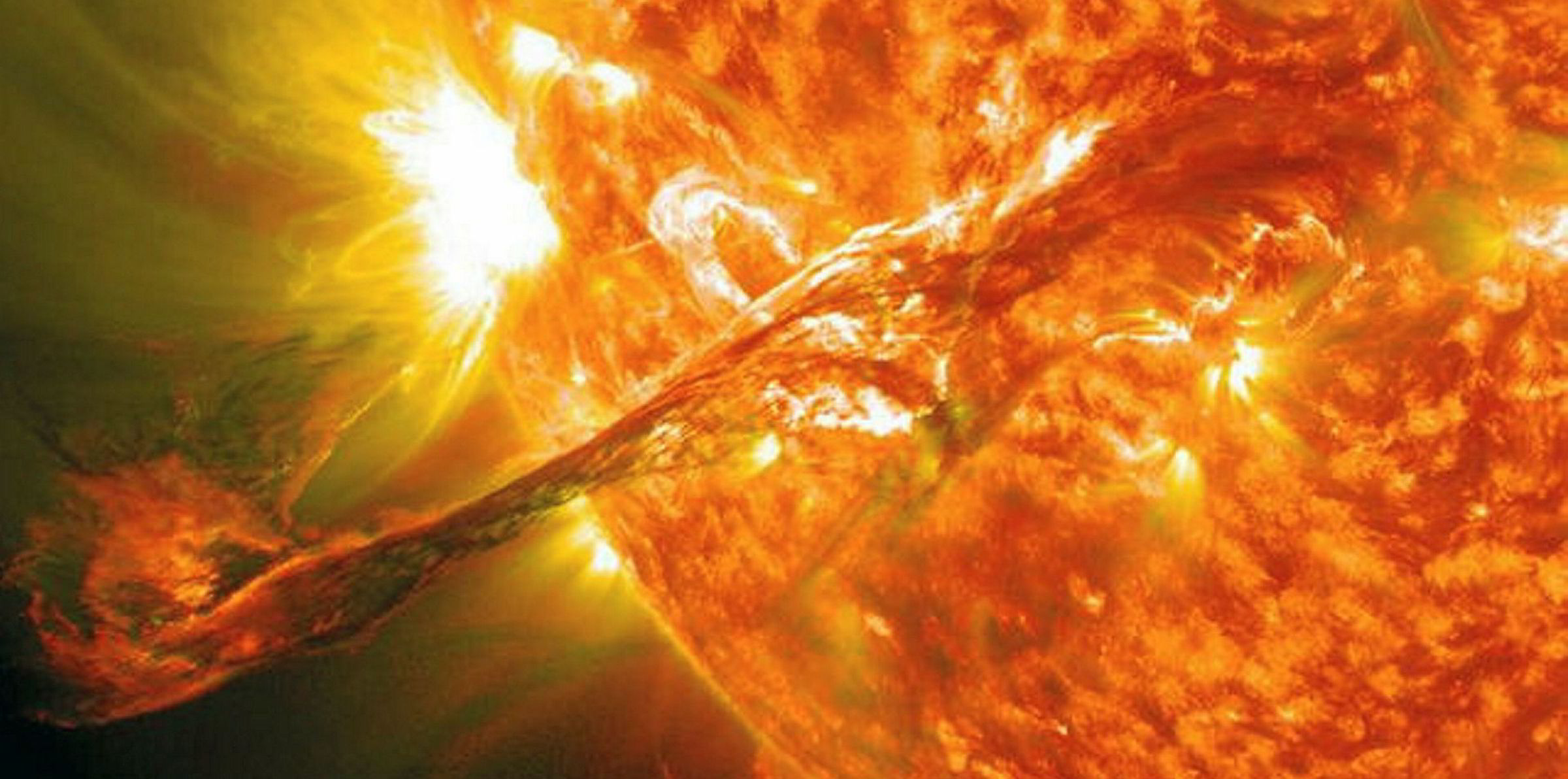Renewables may be tipped to emerge from the Covid-19 pandemic stronger than ever, but the world’s big clean energy operators and suppliers are far from immune from the impact as a clutch of financial results showed.
Global offshore wind pacesetter Orsted noted a drop in power demand in the UK market – served by many of its largest projects – as one of the factors behind a loss-making second quarter.
Global onshore wind number-one Vestas also dipped to a small Q2 loss, and cited Covid issues alongside a less-expected impact from warranty provisions on a “considerable number of blades”.
The hardest hit by Covid among the reporting renewables groups was turbine OEM Nordex, which slipped to a €145m ($171m) second-quarter deficit on “significant” coronavirus disruptions, and admitted it still can’t say what the full-year impact will be.
The most serene results of the week belonged to RWE, the German utility which actually grew its profits after adding more renewable assets from E.ON and Innogy.
The newly-crowned green energy giant – which still has a big place on its balance sheet for coal and nuclear – used its status as the world’s second-largest offshore wind operator to fire a warning at Germany’s government over potential negative-bidding at upcoming renewable auctions.
The greening of the world’s oil and gas players goes on – not as far and fast as many would like, for sure, but the trend is undeniable.
When Norway’s Equinor named Anders Opedal as successor to retiring CEO Eldar Sætre, the headlines from his first comment were all about the energy transition that he’d been hired to steer.
Opedal pledged he’s “willing to re-allocate capital” to help Equinor do more in renewables, to accelerate a process that, as an analysis for Recharge noted, his predecessor had already started.
That doesn’t mean Equinor will become a predominantly green business overnight or any time soon, but Opedal’s words set a direction of travel that will be tough to reverse, much as BP’s incoming CEO did when he took his new job.
Some oil giants are more committed than others to renewables, of course, and US supermajor Chevron is seen as a laggard. It did this week, however, join Equinor itself on a growing roll-call of fossil groups backing research into nuclear fusion – seen by some as the energy transition’s magic bullet and others as a waste of resources.
Germany’s Autobahn, the country’s network of high-speed highways, enjoy a near-mythological status – not least for having inspired the synthesizer beat-laden 1974 album by electro-pop band Kraftwerk that is considered by many as the birth of techno music.
As Recharge reported, researchers are now trying to find out how the dense Autobahn network that covers 2.6% of the overall area of Germany could switch gears to help the environment, with a three-year long project underway to assess whether canopies covering stretches of the roads could be fitted with solar power systems.
